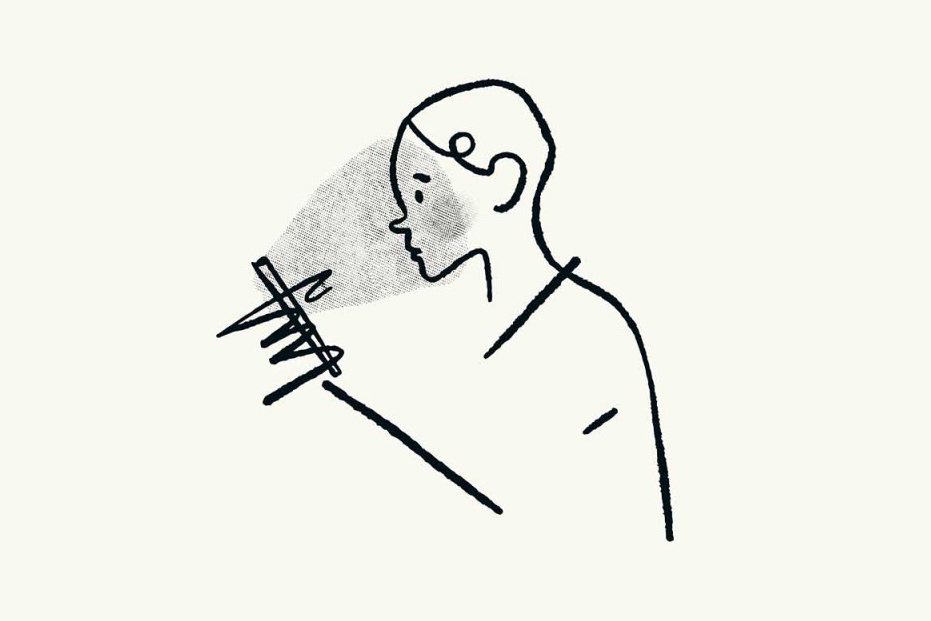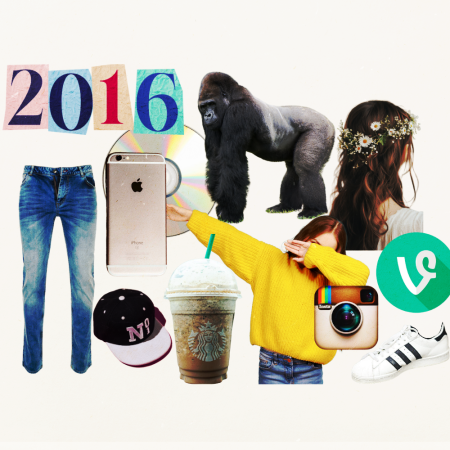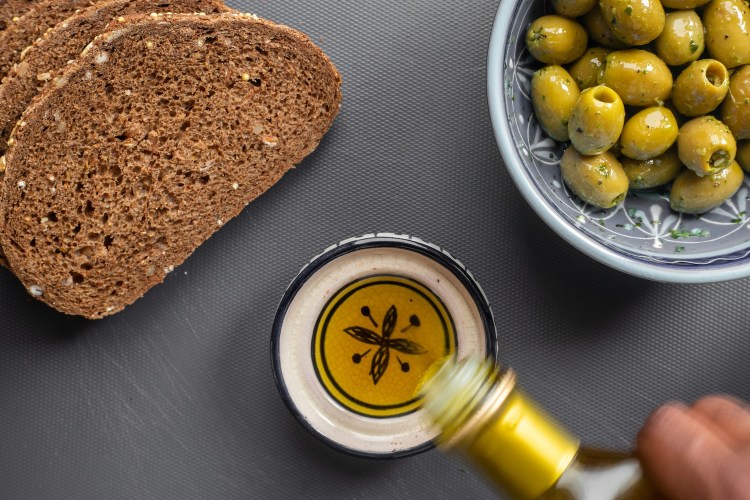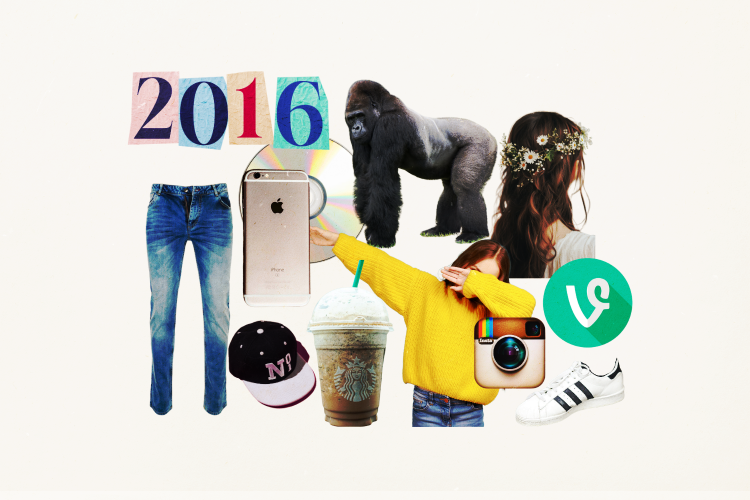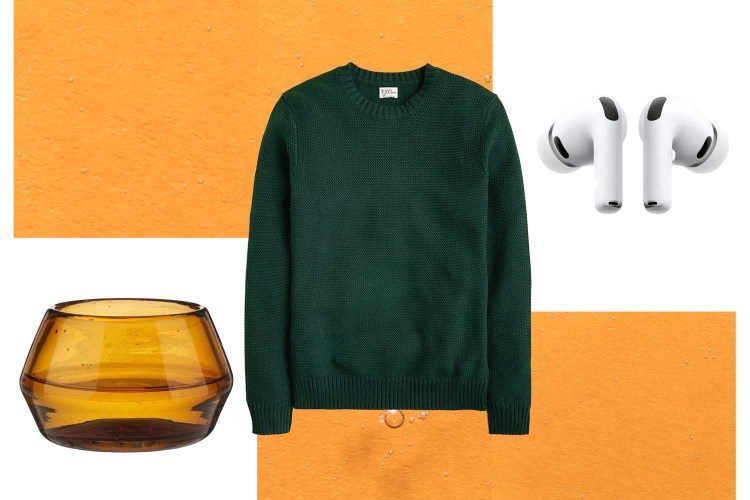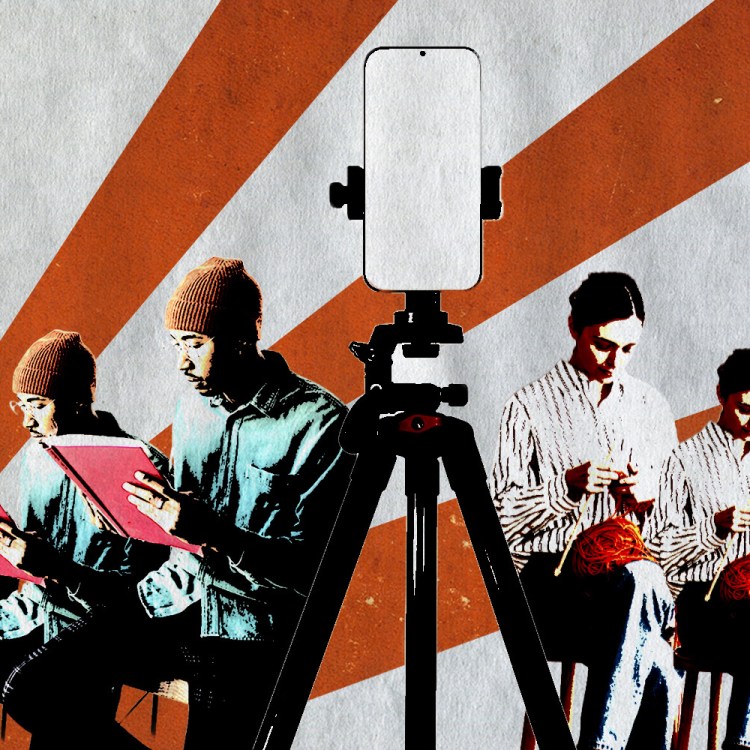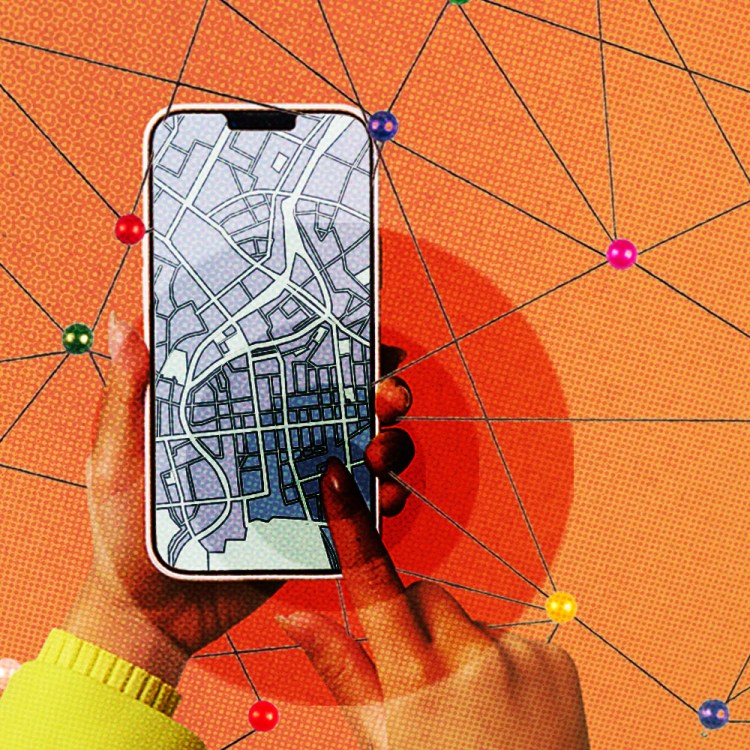2021 re-confirmed one thing we already knew: social media can be hella toxic.
In September, a bombshell report from the Wall Street Journal found that Facebook (now Meta) was cognizant of how its app Instagram negatively impacts its young users’ mental health and worsens body image issues. Per internal research Facebook kept a secret for two years until it was acquired by the WSJ, the tech conglomerate admitted that social comparison is much worse on Instagram compared to other social media apps, and part of that is by design.
TikTok — the most popular website of 2021 — has also come under fire over its much-vaunted algorithm that heavily tracks how long users spend time watching a video in order to feed them similar content that’ll keep them scrolling. TikTok’s algorithm, reporters and the app’s own employees have warned, can lead users down dangerous rabbit holes, particularly towards content that promotes eating disorders, suicide or self-harm. Earlier this month, another report by the WSJ found that online diagnosis videos on TikTok are convincing teenagers they have borderline personality disorders, bipolar disorders and other rare mental illnesses, worrying psychologists who say they’ve seen an uptick in young people coming in with self-diagnoses derived from the video-sharing app.
As we begin 2022, it’s important to keep the findings in these recent investigations in mind. The social media applications we look at daily are expertly programed to keep us enraged, to keep us anxious and, most importantly, to keep us coming back for more.
All of this is not to say you need to go and delete your social accounts for a healthier, less-anxious 2022. It would help immensely, but it’s also not incredibly realistic. We use social apps for work, to keep up on the news and to stay in touch with friends and family. It’s also nice to mindlessly scroll through Instagram stories and TikTok videos when you need a break from the soul-crushing reality that is the current state of the world. Still, we should be mindful of how the internet is affecting our brains — and the new year might just be the reset we need.
“I believe it’s critical to continually assess and evaluate our relationship with social media, especially considering how our emotional states, particularly in these challenging times, can change depending upon our current situation,” says Dr. Don Grant, Executive Director of Outpatient Services for Newport Healthcare Santa Monica and Chairman of the American Psychological Association Device Management & Intelligence Committee.
“Social media can be a great communication tool,” adds Grant. “However it can also be detrimental to one’s overall mental health and well-being, especially if you find yourself comparing and despairing during engagement with it. Overall, it is important to remember with any online platform, that if it’s free, you are the product.”
So below, a few tips and practices to keep in mind while you incessantly scroll in 2022.
Identify when social media is negatively affecting your mental health
It can be difficult to recognize when you need to reevaluate your relationship with social media, but there are some telltale signs to look out for:
“Some signs that social media may be negatively impacting your mental health are feelings of a sudden and/or unexplainable or new dissatisfaction with one’s life, isolation, obsession and changes in mood which occur while engaging with, or in response to engaging with social media,” says Grant.
The block button is your best friend
Don’t be afraid to block or mute people you simply can’t stand (or trolls and other assholes actively trying to bring you down.) Yes, it might feel rude, but trust us when we say that blocking that person who drives you utterly bonkers will do wonders for your overall well-being.
“Block, delete or unfollow any apps or users in your social media verse which are dangerous, negative, bullying, proven time sucks or generate negativity,” says Grant. “Try only interacting, instead, with creators and posts that interest you, make you feel good and happy. Unfollow accounts that make you feel bad.”
Set app time limits
“If you feel that you may have or are beginning to develop an unhealthy reliance on any social media or would even just like to try minimizing your use, it may be a good idea to limit your engagement with it,” recommends Grant. “Honestly assessing the actual amount of time each day you are spending engaging on social media, considering how that engagement really makes you feel, and then limiting it to smaller sessions at certain times, or even one specific time, each day, are some good behaviors with which to start.”
Yes, it’s a standard recommendation, but for good reason. As someone who had to set a limit on how much time they could spend on Twitter each day at the beginning of the COVID-19 pandemic, I can vouch for utilizing an app timer feature. It’s simple enough to set, and while I do occasionally hit the ignore button and continue scrolling, the pop-up notification will pull your head up from the gloomy waters and, at the very least, force you to acknowledge your mindless browsing.
“Most devices have settings that allow the user to set a time limit on specific apps. Setting a time limit will help remind you not to spend too much time on social media or at least provide the opportunity to choose to detach. If a user wants to try an even stronger social media self-intervention, most apps also offer the option to completely block their access, even temporarily,” Grant says.
Does worrying have the power to change the future?
An important mantra to keep in mind while you wade through the endless internet reactions, commentary and hot takes. When speaking with Dr. Patricia Celan, a psychiatry resident at Canada’s Dalhousie University before the 2020 election, she offered this sound advice on doomscrolling, a term used to describe the excessive scrolling we do through news or social media feeds looking for negative updates:
“Ask yourself this: Does worrying have the power to change the future? Our minds get stuck on repetitive worrying because of this mistaken belief that worry prepares us or changes something about the source of anxiety.”
Keep in mind who you’re posting for
“In terms of posting, I also always propose that users consider the following three questions before doing so,” says Grant. “Do you contemplate the effect your posts might have before posting them? Do you edit your posts? What is your real motive, goal or need for posting or sharing?”
Yes, still post that thirst trap so your ex can see what they’re missing, but if you feel like you’re relying on likes and comments to validate your self worth perhaps it’s time for a …
Detox
“If you start to feel that your engagement with social media consistently makes you feel worse, certainly consider giving yourself a digital detox from it,” recommends Grant.
If all else fails, cut the head off the snake. At least for a day or two.
This article appeared in an InsideHook newsletter. Sign up for free to get more on travel, wellness, style, drinking, and culture.
